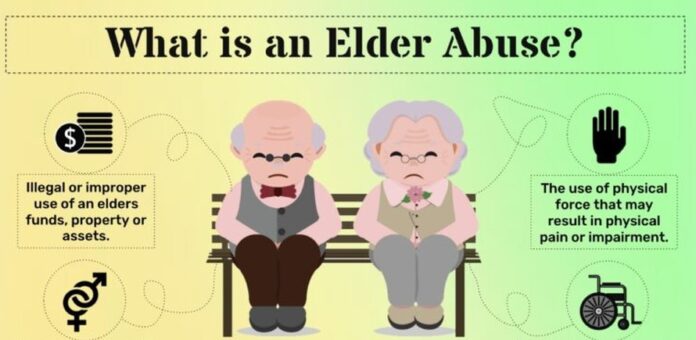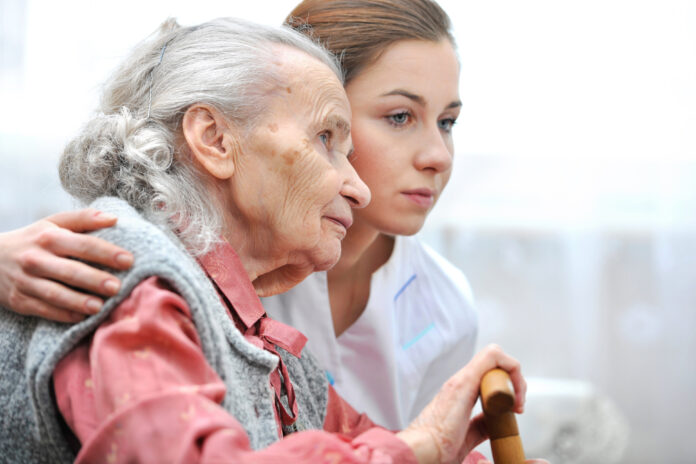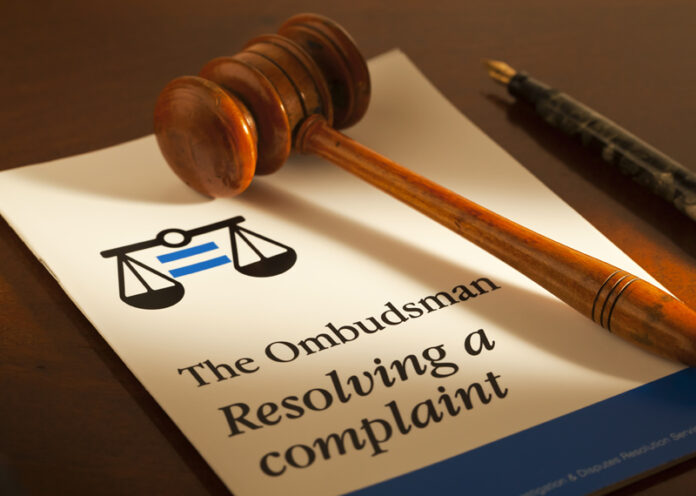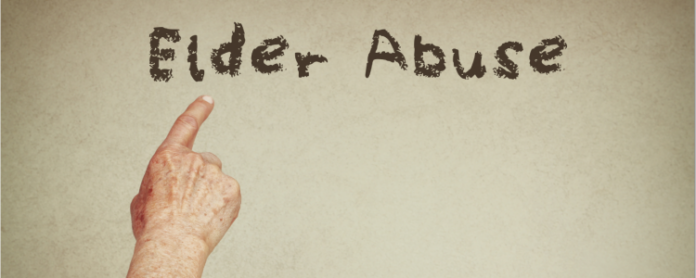Elder abuse and neglect is unfortunate which no older person should ever experience. As a responsible citizen, it is your responsibility to report any abuse when you witness it. But one has to be aware of what elder abuse actually is before going ahead and reporting it. In the particle we will share multiple tips and rules for properly reporting elder abuse and neglect.
What is Elder Abuse?

There are multiple factors that qualify which behaviour can be called elder abuse or neglect. Any sexual, physical, or emotional harm in flicted on an older adult will calssify as abuse. Financial exploitation is also included in the same criteria along with direct neglect of their health and well being.
There are millions of reports every year in the US but about a million cases also go unnoticed. As an adult grows old, they become more dependent on their children to look after them. More often than not, an older adult will suffer from a number of physical and mental ailments as they age. Having the right caretakers in the vicinity is very important for their health.
There are many instances when the abusers are family members who are exploiting their elders for their wealth. It is difficult to observe because such instances might not be apparent. Other times, the caretaker shows significant neglect while looking after their health. Abuse can become fairly common in bigger institutions where individuals are based for long term care.
How Should One Report?
Witnessing any instance of elder abuse or neglect can be emotionally difficult. Every individual is entitled to their dignity and respect which is why such incidents should be reported as soon as possible.
There are different ways in which any responsible citizen is supposed to act. If you decide to intervene the right agencies will be there to help the individual out. Since the well being of the older person is now dependent on your actions, it is important to keep the following things in mind.
Call 911

In case of any emergency, instantly call 911 without waiting to find the right protective services. If you witness any elder being beaten up or in a situation which needs immediate help, law enforcement is your best bet. The next approach would be to file an official complaint with the regulatory agency of the particular state where the incident has occurred.
If the instance has occurred in the long term care facility you can go to the Bureau of Medi-Cal Fraud and Elder Abuse. However, if it happened anywhere else you can go to an Adult Protective Services Agency. But if you do not know about these specific agencies, you can always reach out to the local law enforcement by calling 911.
Many people are sceptical before calling because they do not want to be involved in somebody else’s business. But since you are reporting an instance, you will be shielded from civil and criminal liability.
Legally Mandated Reporters
As a common citizen it is your moral responsibility to report any instance of elder abuse or neglect. But the law mandates certain individuals to legally act on any instances they witness. Even in a case of suspected abuse, the following people are supposed to act and report to the related authorities:
- Clergy
- Physicians and all other medical professionals
- A person who is in charge of the care of an elderly person being exploited
- All employees appointed at healthcare facilities, adult day care centres, hospitals, and residential care facilities
All of these legally mandated reporters should immediately act otherwise they will be guilty of a crime. Check out this website for a reliable nursing home abuse lawyer for elders being exploited.
Know Where to Go

As much as reporting is important, it is also essential to know where to go for help. One place you can go is the Adult Protective Services (APS) agency which looks over the care of all the elderly people who are impaired functionally. Apart from functional impairment, this agency also looks over any adult who is at risk of being abused, exploited, or neglected.
They also take care of instances of self neglect when an older concern is living on their own. If you report to this agency, they will investigate the case to look into the issue. They can investigate adult day care facilities, adult care hospitals, social day care centres, private homes, and clinics. There is no right time for calling them up because they are available every hour of the day, every day of the week.
The additional services of this agency include emergency shelter, protection, counselling, case management, and transportation. The immediate removal of the elder person from a toxic situation is a great incentive why you should call them. Different states have different assistance programs depending on the country’s budgetary resources.
Know About the Long-Term Care Ombudsman Program

Under these programs across different states an individual will be entitled to shelter in skilled nursing facilities, community care facilities, residential care facilities and intermediate care facilities. Ombudsman are skilled individuals who are trained to be an advocate for the protection of elderly adults.
They look after the rights of all the residents in long term facilities. An ombudsman also investigates different complaints across the state on behalf of any individual complainer. Different locations might have a different local county long term care ombudsman. One can easily find the contact information online and contact them on a hotline which operates during all 24 hours.
The Takeaway
Reporting behaviour which is putting somebody else’s health in jeopardy is an action which should never be questioned. It will be best if an individual nose where to go while seeking help for someone else. The law enforcement agency is always available for help and they will redirect you to the right authorities. Understand that you have no criminal or civil liability so do not hesitate to seek help on somebody else’s behalf.









